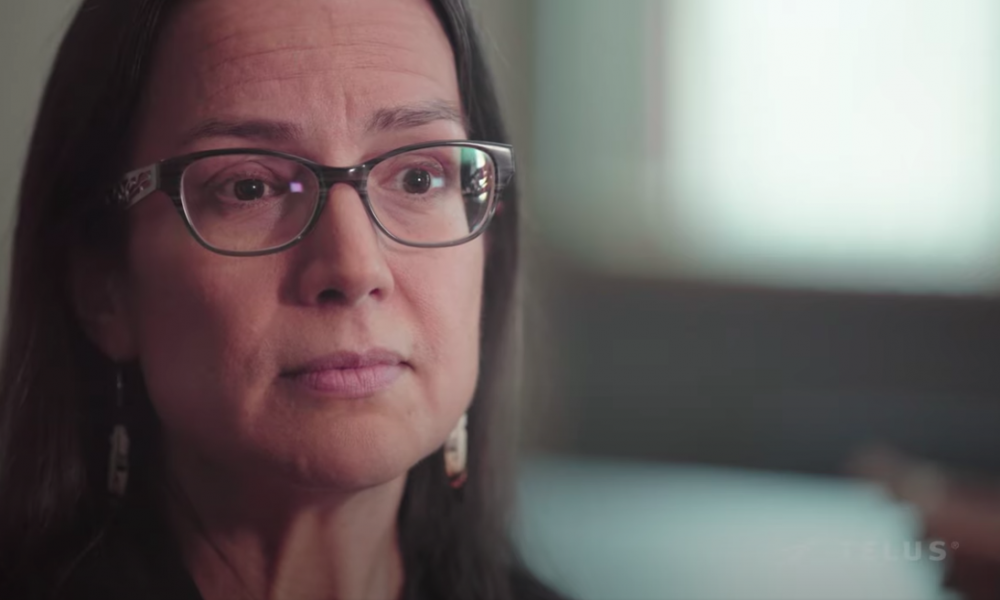
The vision of precision medicine is customized health care—preventative measures, disease treatments, practices and products tailored to individuals. Genomics is leading the charge by investigating and cataloguing the chemistry of life using an ever-increasing range of nucleic acid sequencing techniques and powerful computational technologies.
But what if the genomic information that is being databased and used to inform modern medical science does not reflect the diversity of a population like Canada, or even British Columbia? How can it inform health decisions for populations that are not included in research?
“This is what we call the Genomic Divide,” says Dr. Nadine Caron, First Nations Health Authority Chair in Cancer and Wellness, Senior Scientist at the GSC and member of the Sagamok Anishnawbek First Nation. “The issue, as an Indigenous physician in Canada, is that I rarely make a decision for an Indigenous patient based on data that originates from their community… The research simply has not been done.”
The Silent Genomes Project, for which Dr. Caron is co-lead, aims to change that. With application, sequencing and technological support from the GSC, Silent Genomes aspires to address inequities in access to genomic research for Indigenous peoples in Canada by providing safe opportunities to participate in research and by generating genomic data from Indigenous communities. Its goal is to securely sequence and anonymously database the genomes of approximately 1,500 Indigenous, First Nations and Métis Canadians.
Silent Genomes is now the subject of a new independent mini documentary Voicing the Silent Genomes by Spotlight Productions. It was featured by STORYHIVE, which, with the support of TELUS and the National Screen Institute, funds productions from emerging filmmakers in B.C. and Alberta. Its films can be found on YouTube.
Not only does the Silent Genomes Project intend to give a voice to Indigenous communities through genomic data, but also through the project’s fundamental governance structure. It strives to do research with Indigenous peoples, including ongoing consultation with communities, building cultural safety into its core practices and by providing training opportunities for Indigenous students in genomics and related disciplines.
“At first, we were looking only at variant libraries for Indigenous peoples and realizing their lack of representation,” says Dr. Caron, who is also Associate Professor of UBC’s Northern Medical Program and Co-Director of the UBC Centre for Excellence in Indigenous Health. “But as we dive into it more, we realize that their voices are silent across the board: there are no Indigenous medical geneticists, genetic counsellors, Indigenous genomic researchers. But that’s all going to change. We hope that Silent Genomes is the first step in addressing this absence of voices.”
Watch the film, Voicing the Silent Genomes, and learn more about the Project.
To learn how you can help enhance cancer care and improve outcomes for Indigenous communities throughout the province, please contact BC Cancer Foundation representative, Lindsay Abbott at 604.675.8015 or lindsay.abbott@bccancer.bc.ca